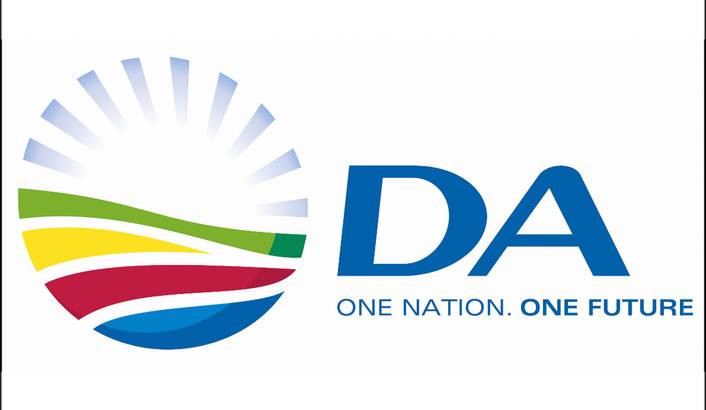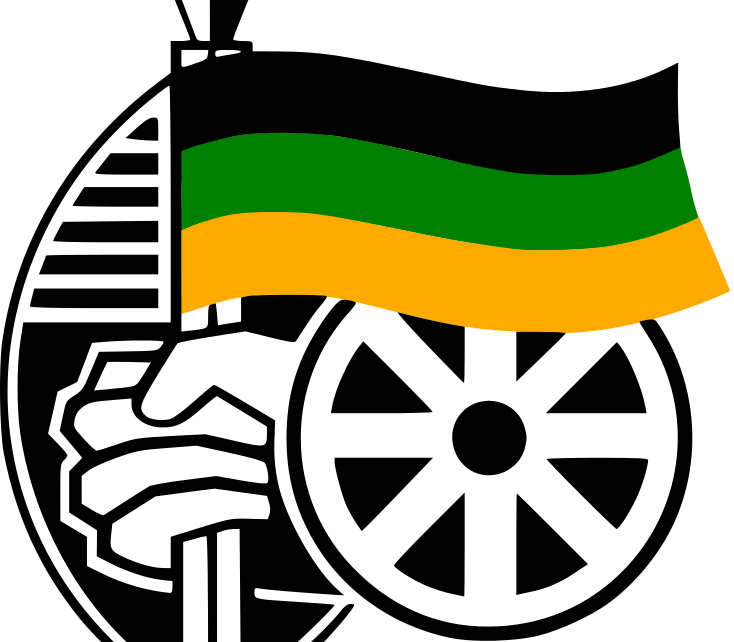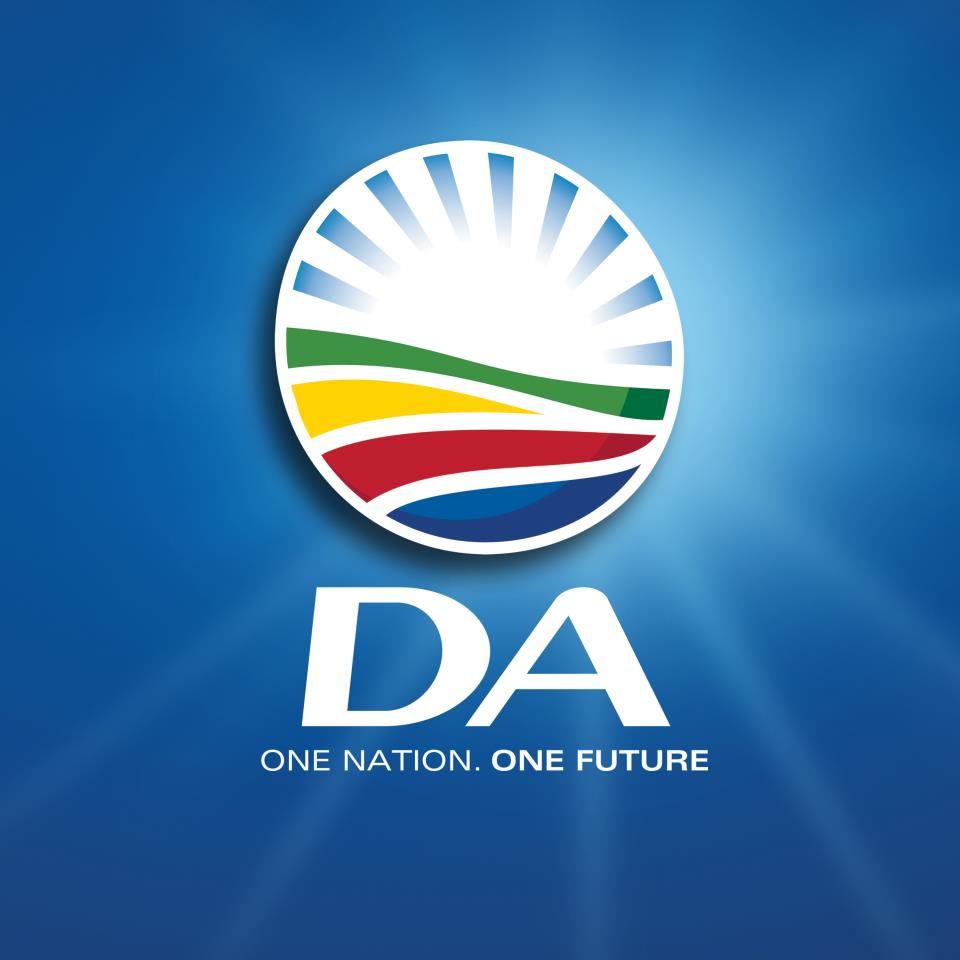
The DA supported the lock down but also proposed their risk model to the President.
Unfortunately, although it was sound advice, it was not accepted as a whole by the ruling party and was mostly ignored.
Federal DA leader, John Steenhuisen, today outlined the Democratic Alliance’s stance on the national lock down and called for it to end.
South Africa’s economy is collapsing and several worrying statements have been made by the President and his leadership.
Here is the full speech as contained in the video (delivered today)
My fellow citizens,
I know you love this country as much as I do. There is a lot to love.
We all want South Africa and her people to succeed, and it is heart-breaking to see so many suffering in these difficult times.
We pay tribute to those who have lost their lives to the virus, and our deepest condolences go out to their friends and families.
But what makes this even more heart-breaking is the fact that much of the hardship we’re going through is unnecessary. In our efforts to fight off a very real threat, we have replaced it with an even bigger threat of our own making.
The real tragedy playing out here is no longer the Coronavirus, but the lockdown itself. Because this lockdown is going to cost many more lives than it can possibly save.
This is a hard truth to speak, and it is even harder to hear. But it must be spoken.
We have to end the lockdown crisis, and we have to do it now.
There is very little for us to gain and almost everything to lose by keeping people at home and keeping businesses shut any longer.
The only reason we entered into the lockdown was to buy some time.
We weren’t trying to stop all Covid infections. We weren’t trying to kill the virus.
We were simply giving our hospitals time to prepare. To give our healthcare workers the best possible chance of dealing with the inevitable wave of infections when it finally hit us.
We knew then, as we know now, that this wave is coming, lockdown or not. We also knew that our country’s economy could only withstand a very limited freeze.
This is why the lockdown had an end date. Three weeks is what it was going to take to source equipment, to get beds ready and to train the doctors and nursing staff in Covid protocols.
However, before those three weeks were up it was decided that a little more time was needed, and so the three weeks became five weeks.

These extra two weeks would come at a huge cost to our country, but at least there was an end date, and we could brace ourselves for the duration.
All of this had to be a very delicate trade-off: shut everything down at an enormous cost to the livelihoods of millions for a short period, and hopefully save many lives in the process.
But this is the thing about managing this pandemic – there’s not only one trade-off. You have to make them all the time.
Every day, the situation changes – the odds change – and you constantly have to reassess this trade-off.
Six weeks ago, that decision by President Ramaphosa to act quickly in shutting the country down to delay the spread was widely praised, and rightly so.
I was one of those who stood firmly behind him and supported his early call for a nationwide lockdown. The whole country did. At the time it was undoubtedly the right thing to do.
But although the President was called brave and bold at the time, that would turn out to be one of the easiest decisions he would make in this crisis.
We could all see what was happening around the world. We could do what they were doing, only faster and firmer.
It was the right thing for the President to do, but not the bravest.
Because the real bravery would be required later, when the time would come to open everything up again and face what we had been preparing for: the spike in infections.
That was the whole point of this hard lockdown: to prepare for the opening up.
I also supported the President when he announced that we would be moving into a phased approach to the lockdown. What he called a risk-adjusted model that would allow for a return to work, schools and, ultimately, normal life.
The DA had just proposed a very similar model to him, and we were grateful that some of this work had found fertile soil.
I said, at the time, that we would judge this model on the details that would follow, but in principle this was a good move.
But we were right to reserve our judgment. Level 4 of the lockdown, as it turns out, is hardly different from Level 5. In fact, in many respects it is more restrictive, not less.
We now have a curfew enforced by more than 75,000 armed soldiers, which we didn’t have under Level 5. And even shopping hours have been reduced instead of expanded.
This wasn’t progress towards a more open society and economy at all. It was simply an extension of the hard lockdown – this time with no final deadline in sight.
What the DA had proposed in its Smart Lockdown was a detailed plan, sector by sector, for how we could safely return to normality.
What the government gave us was simply a longer list of rules and a curfew.
And, as most of you have seen, or even personally experienced, the rules and restrictions under this supposed lighter level of lockdown are often petty, irrational and authoritarian.

It is little wonder then that these rules are increasingly met with resistance, and even outright civil disobedience.
If you want people on your side, you have to treat them with the respect they deserve. You have to treat them like adults.
Instead we have seen citizens treated like criminals.
We have seen people being abused and humiliated in the streets and in their properties by members of the police and the army.
And sadly we have even seen citizens die at the hands of these armed forces.
We have seen good Samaritans arrested for the crime of feeding the poor.
We have seen arbitrary rules on what may and may not be purchased drawn up with the stroke of a pen. There is no rational argument for the continued ban on cigarettes, or alcohol, for that matter.
We have seen announcements from ministers on keeping sectors of the economy shut that have nothing to do with halting the spread of the virus. Petty, irrational announcements, like the ban on all e-commerce.
We have seen the outrageous announcements from the Small Business Development Minister and the Tourism Minister that they intend to exclude some South Africans, on the basis of their race and other arbitrary criteria, from government’s emergency relief measures.
The DA has already written to the head of the IMF – where a large part of this relief funding will come from – to urge them to instruct our government not to use this money in a way that discriminates against some South Africans.
We have also instructed our lawyers to take this matter to the High Court, because it is unconscionable that government would play identity politics in a time of crisis.
We will continue to fight to overturn regulations that are either irrational or immoral, whether in court or through other means.
And we will fulfil our duty, as official opposition, of guarding against the abuse of power.

Because never before, in democratic South Africa, has the power of the state been spread wider, and yet concentrated in the hands of so few.
And all the while, South Africans have been asked to give up even more for even longer, without questioning any of it.
That has to end.
South Africans have more than done their bit. They have been asked to sacrifice, and they have done so. Many have lost all they had.
They have sat diligently in their homes as our country’s economy slowly crumbled around them, waiting for the news that the hospitals and the doctors were ready and we could resume our lives.
I don’t have to tell you how hard this wait has been.
Many of you know full well what it’s like to go week after week without any income, or to wait every day for that dreaded phone call: “I’m sorry, you no longer have a job.”
Thousands of businesses have either already closed down, or are about to. Each of these businesses was a precious lifeline for the employees and their families.
National Treasury says, best-case scenario, we stand to lose 3 million jobs. That’s if we do everything right and end the lockdown now.
Worst-case scenario it’s 7 million jobs. That’s on top of the 10 million who were already unemployed before Covid hit.
SARS says we will miss our revenue target by a massive R285 billion. That’s a fifth of our income gone. This is money meant for social grants, it’s meant to pay teachers, nurses, police officers. It’s meant to deliver water and housing.
We are not the USA. We are not the UK, or Germany or Japan. We simply don’t have the means to navigate around this kind of loss.
The effect on poor South Africans will be devastating.
This is a self-inflicted catastrophe far, far greater than anything the virus could throw at us.
Mr President, by creating this lockdown crisis, you have broken your sacred compact with the people of South Africa. You have weaponised our trust in you and turned it against us.
Instead of trusting us back, you have devastated lives and livelihoods through brutality and coercion.
And you have turned the free citizens of the Republic of South Africa into subjects of an authoritarian government.
We are no longer dealing with a Covid19 crisis. We are dealing with a lockdown crisis. An ANC lockdown crisis, to be precise.
Let me be very clear about this: There is no longer a justification to keep this hard lockdown in place. Government cannot produce this justification.
They cannot show us the modelling they use to decide when to ease and when to tighten restrictions. They cannot do this because they don’t seem to know for sure themselves.
And so every decision is shrouded in secrecy. We are told to blindly trust a body called the National Command Council – a small group of cabinet ministers who don’t answer to Parliament or anyone else.
When asked for their meeting minutes to clarify why they backtracked on lifting the cigarette ban, this National Command Council refused, claiming this was classified information.
I don’t buy that for a second, and neither should you.
The DA has filed a PAIA application to obtain not only the minutes of their cigarette discussion, but of all their other decisions relating to the lockdown.
It is crucial that we all know exactly why, according to government, we’re still in this destructive lockdown.
What we do know is that government’s very own epidemic expert, Professor Salim Abdool Karim, thinks this lockdown has already run its course and is of little more use.
In fact, this was his view already two weeks ago. Yet here we still are.
We know that the sole reason for locking the country down was to buy time to boost our healthcare response. We’ve done this. What hasn’t happened in the past six weeks will not happen now.
The only thing keeping us locked down now is fear.
And we have every right to fear the virus. We have every right to worry about the health of our loved ones, and particularly those who are at higher risk.
We have every right to feel unsure about the future, and what our world will look like three months, six months, a year from now.
But this is not a reason to remain locked down. We cannot afford to remain trapped by fear alone.
If there is a good reason for maintaining the lockdown, based on a scientific modelling of this pandemic, then we need to know what this reason is. We need to see government’s modelling.
If no reason and no modelling can be shared, then we have no choice but to suspect that government is acting irrationally, or deliberately instilling fear to further some other agenda.
Since the start of this crisis, the DA has called for all this data to be shared publicly. We have made extensive and multiple submissions to the president explaining exactly what kind of data is needed for such decisions to be made.
This must go way beyond just the number of infections, deaths and recoveries in the country and for each province.
The data has to be localised. It has to include a detailed breakdown of age, gender and co-morbidities. And, most importantly, it has to include the full, updated picture of the state of our healthcare preparations in each town and city.
It also has to include a very detailed picture of our screening, testing, tracing and tracking efforts.
Because if we don’t know this, we have no way of knowing whether the lockdown serves any purpose at all, and we have no way of knowing if and when we will ever come out of it.
We’re about to enter our seventh week of lockdown, which means we’re fast catching up with the longest Covid lockdowns in the world – Wuhan at 8 weeks and Italy at 9 weeks.
Every single day that we stay here comes at a massive cost. Because every day more businesses are closing down and families are left destitute.
But there is some good news too. As we see this virus spread through the world, we get a clearer picture of its effect. And one encouraging part of this picture is that mortality rates are not as high as we initially thought.
While still dangerous, the Coronavirus is not as deadly as we had feared.
Most people who contract it will get better, or perhaps not even know they had it. For younger, healthy people, the risks are not much higher than normal flu.
This means we have based our response on over-estimated risks. Our strategy is flawed, and we need to respond to this new information by phasing out this lockdown.
This is where the DA’s Smart Lockdown model comes in. A real phased approach that balances the flattening of the infection curve with the safe opening of the economy.
Under this approach, the three steps that we all must do – wearing masks, washing hands and maintaining physical distance – are still critical.
We then use extensive testing to identify where the virus is spreading out of control, so that we can use localised lockdowns to contain the spread.
At the same time, we protect the elderly and others who are at risk as far as possible through isolation.
And then the rest of us get back to work, where every business in every sector will have comprehensive safety regulations in place which they will have to comply with.
Every single business that can safely open, must be allowed to open immediately.
That is how we can effectively spread infections out so that our hospitals can cope, while still allowing businesses to operate safely and allow people to earn a living.
We need to do this right away, because every day we delay comes at a price we cannot afford.
We also need to end the lockdown in an orderly way before the people end it with chaos.
Millions of people are already breaking the law, not because they are criminals, but because they are hungry.
Not because they want to, but because they have to.
Not because they are bad, but because the laws are bad.
When a rule is met by mass non-compliance, it is usually because the rule is irrational. If you need an example of this, just look at e-tolls.
There is no bravery or compassion to be found in this lockdown.
The true bravery and compassion is in the mothers and fathers, the grandmothers and grandfathers, who risk arrest or death to break this lockdown, so that they can feed and clothe their families.
The true bravery and compassion, President Ramaphosa, will be in ending this lockdown.
And be warned Mr, President: Unless you come to your senses and end this lockdown crisis, millions more will start breaking the law in the coming days and weeks.
If you don’t end it, the people of South Africa will take charge and end if for you.
As it now stands, the lockdown is a tragic mistake that has already caused damage that risks dooming an entire generation of South Africans to a lifetime of destitution and suffering.
We can’t undo any of this. We can’t turn back the clock.
What we can do is act now to end this lockdown crisis and get as many of us back to work as safely as possible.
That is the only way we will ensure that, once we have defeated this virus, we have a country left to rebuild.